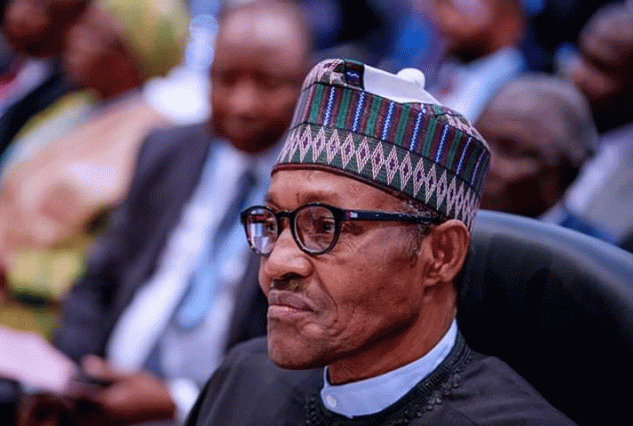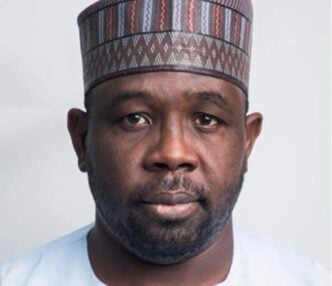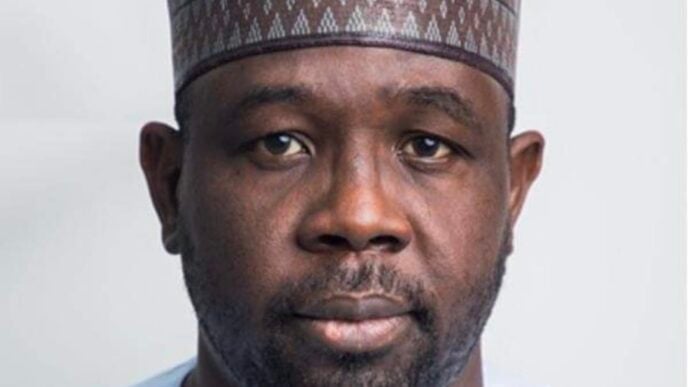BY JOSHUA OPANIKE
The coroner in charge of investigating the circumstances surrounding the demise of popular singer Mohbad has made public the conclusions and submitted recommendations. The sociocultural and legal issues were delineated, and it is safe to say that Mohbad, a celebrity, well-to-do in terms of socioeconomic stratification in this country, died because of systemic failure of the society. The findings may have answered important questions and demystified the circumstances of the death. Yet, controversies over this demise will linger.
Now, attention will shift from allegations of collusions in the music industry to alleged negligence by the wife in the immediate period of the late singer’s illness. Furthermore, the decomposition of the corpse has made it difficult to yield much medical findings from the autopsy. However, such limitations may be due to the level of forensic medicine in Nigeria. Regardless, there are lessons and implications on medical ethics that must be delineated from this case.
Medical negligence, abridgely, is any action or inaction that constitutes a deviation from the minimally acceptable standard of care. Medical professionals spend years in training to understand the minimally acceptable standards of care and to implement them. This transcends the diagnosis of diseases or the administration of drugs. It involves such things as appropriate referral, maintaining confidentiality and every other seemingly grey but crucial aspect of the principles of medical ethics.
Advertisement
The coroner in this case was not wrong to describe the behaviour of the medical professional as medical negligence because the practitioner in question deviated from the standard of care. The deviation is thus: one, that this professional administered medication without a prescription from a physician. And two, she was not qualified to have administered the medication at all.
In a country where lawlessness is the norm, such conclusions as above appear ridiculous. That is why, instead of calling for an ambulance or rushing the late musician to the hospital ab initio, the wife resorted to calling in a ‘nurse.’ The citizenry of the country is not aware of how many systems work, including the health system. It’s why they do not seek help from appropriate quarters.
The ignorance of the public may be forgiven, but not of the professional. She should have known that a doctor’s prescription was required before the administration of any drug. Unfortunately, medical professionals are ignorantly involved in unnecessary squabbles for supremacy instead of understanding their designated roles in patient care.
Advertisement
There is no proof that the administered drug killed Mohbad. But the coroner’s verdict implies that non-conformity with the acceptable standard of care has consequences for the outcome of patients. Medical professionals must understand the scope of their training, and they must practice within those limits. Not only for litigation, but to guarantee a standard of care.
Furthermore, there is a worrisome trend of impersonation of medical professionals. Some deliberately, others not so mischievously. For instance, a recent controversy arose on the Nigerian University Commission’s decision to float Doctor of Physiotherapy and Medical Laboratory Science degrees. The idea was supposedly to mirror what goes on in the ‘developed’ countries.
As usual, this pitted medical doctors against medical laboratory scientists and physiotherapists. The latter believes the former has no sole claim to the title ‘Dr.’ In an actual sense, such development has no significant consequences on the quality of care the professionals deliver to patients. However, it breeds unnecessary confusion about the role of different healthcare workers.
At risk is the general population that may not know who exactly to turn to for help. There are several instances where medical professionals who, though working in the healthcare system, have gone beyond their field to institute care. Sometimes they are lucky; other times there are fatalities. This kind of behaviour itself is a form of quackery.
Advertisement
Perhaps, the more popular form of quackery may be at play in the death of Mohbad, as the qualifications of the ‘nurse’ in question are in doubt. It is needless to describe the gory tales of fake medical practitioners who roam the country, causing irreparable damage and pain. These people have increased patronage because they have mastered the art of marketing. And when they cause problems, they are above the law. Unfortunately, the commoner on the street is not the only one on the receiving end. Even affluent, popular societal figures are becoming at risk because the hustlers now wear suits, speak fairly fluent English and have a strong social media presence.
One of the lessons from Mohbad’s death is that we have a deteriorating healthcare system that needs to be reformed from the inside out. Regulatory bodies must perform their duties as required by law and ensure that medical professionals continue to abide by acceptable standards of care. Needless rivalry should be shunned, and teamwork should be promoted by healthcare managers to ensure that patients receive the best that the dilapidated system can provide. Furthermore, the public must remain informed on where to receive healthcare because, in the end, they are the ones who suffer the brunt of medical negligence.
Joshua Opanike is a medical doctor and an alumnus of the Sprinng Writing Fellowship.
Advertisement
Views expressed by contributors are strictly personal and not of TheCable.









